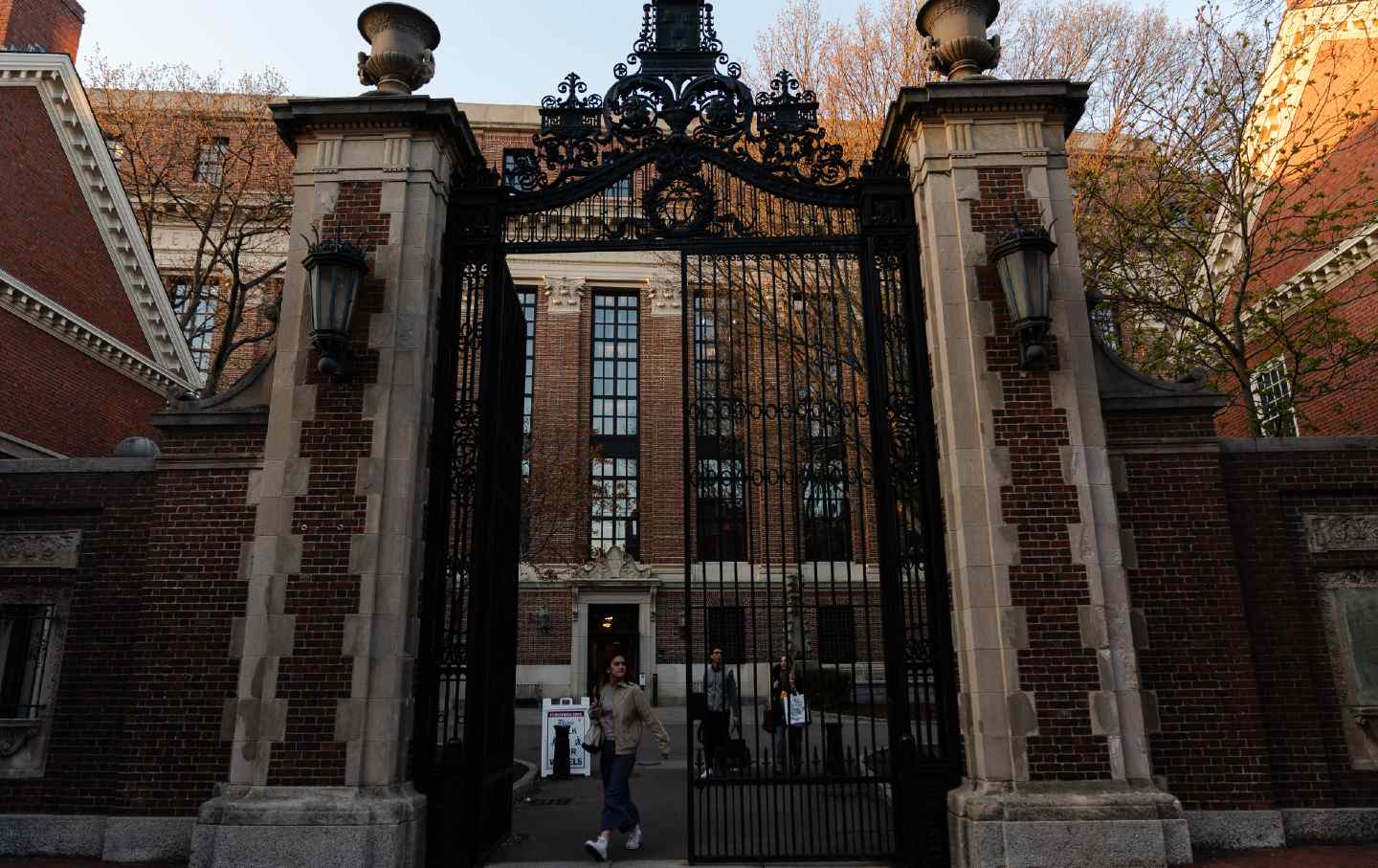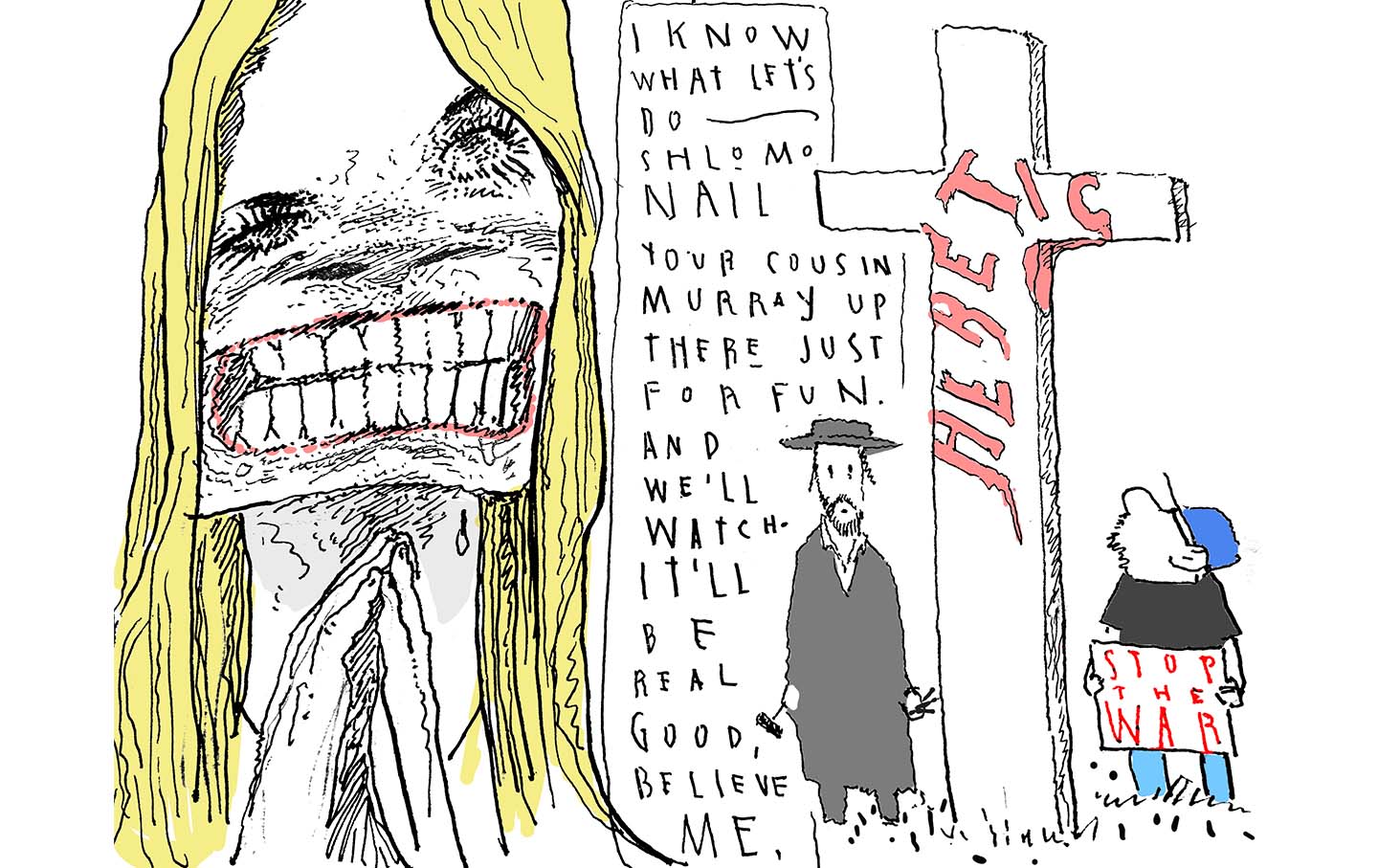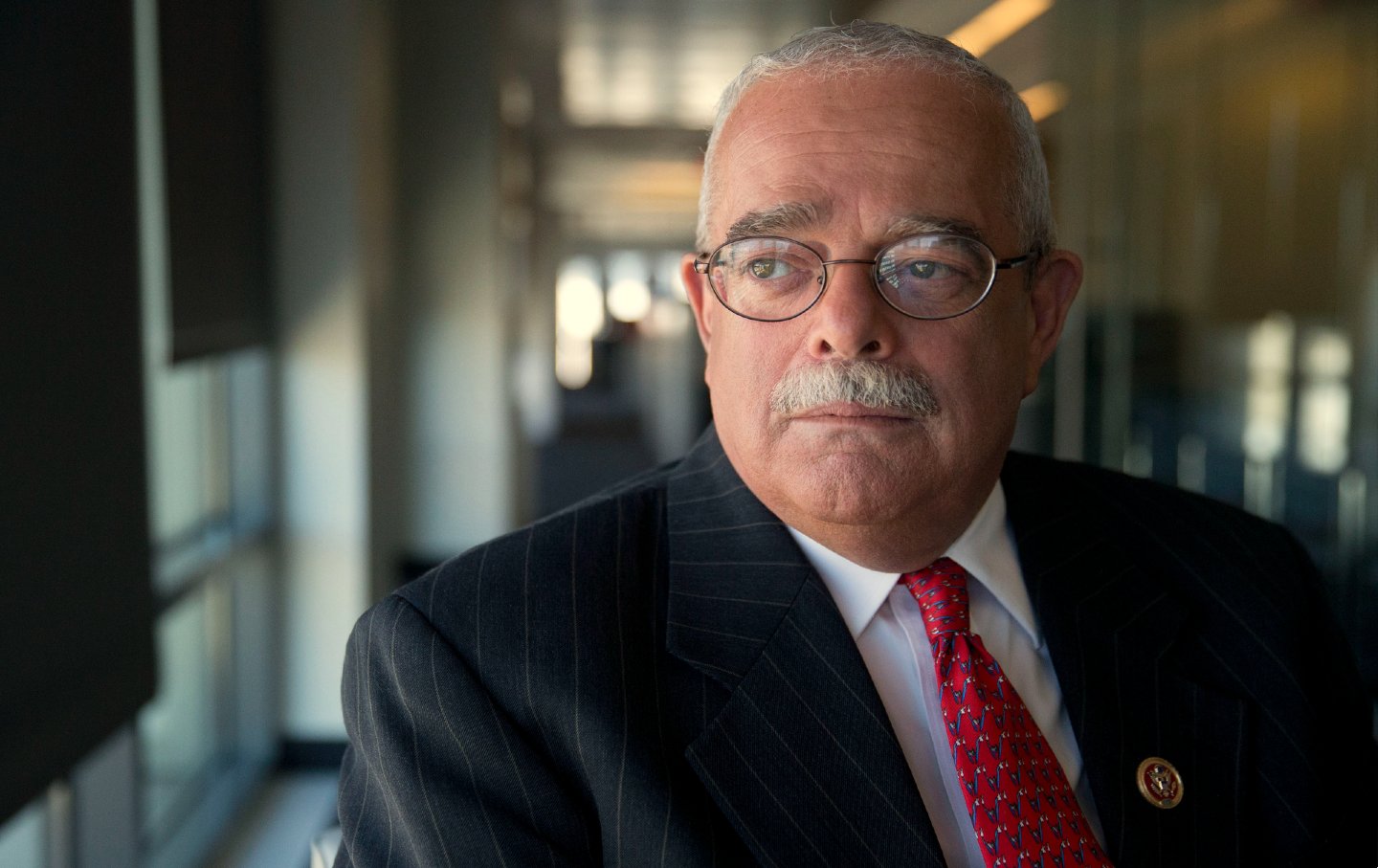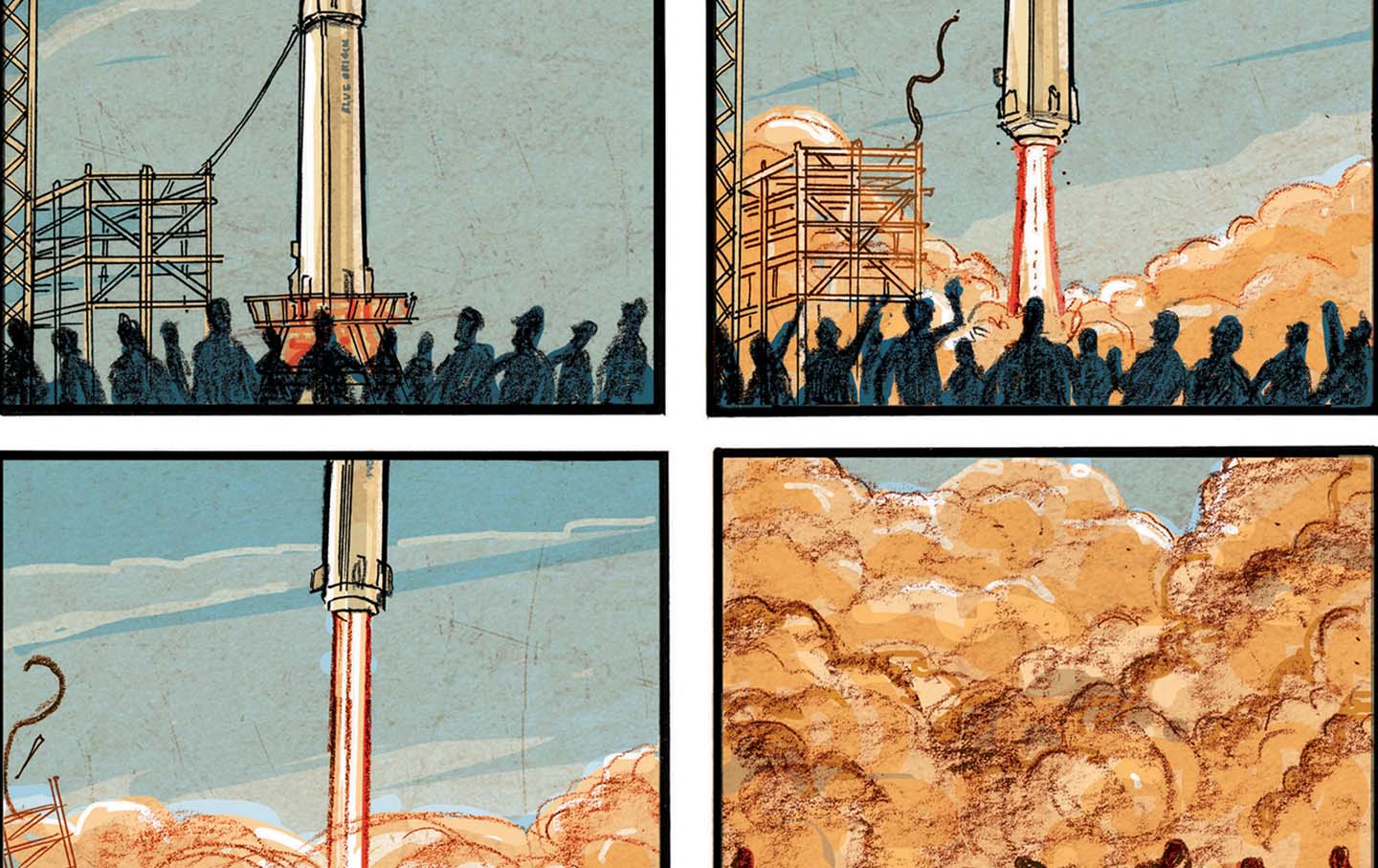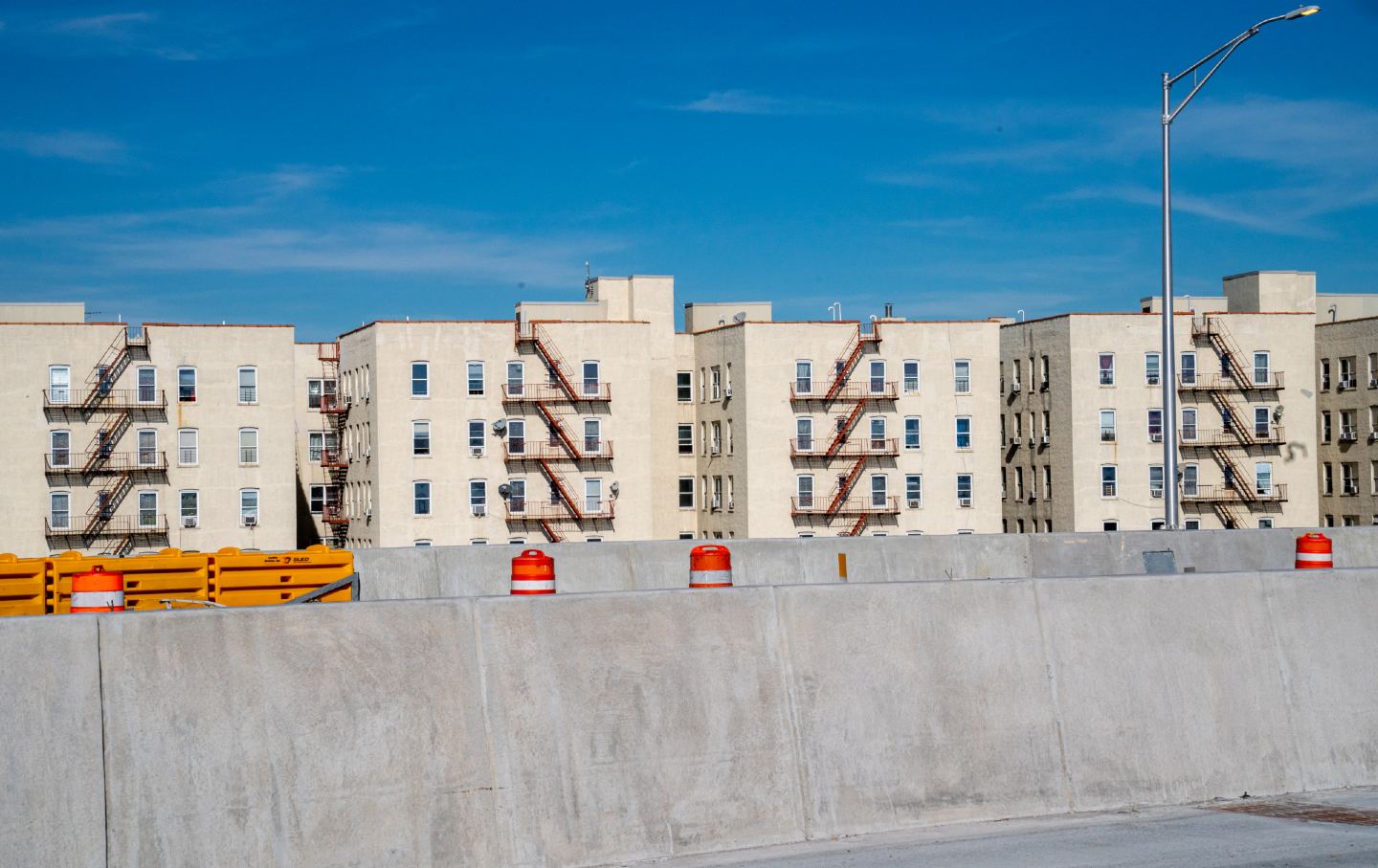Farewell to Allende
From the September 24, 1973 issue of The Nation.
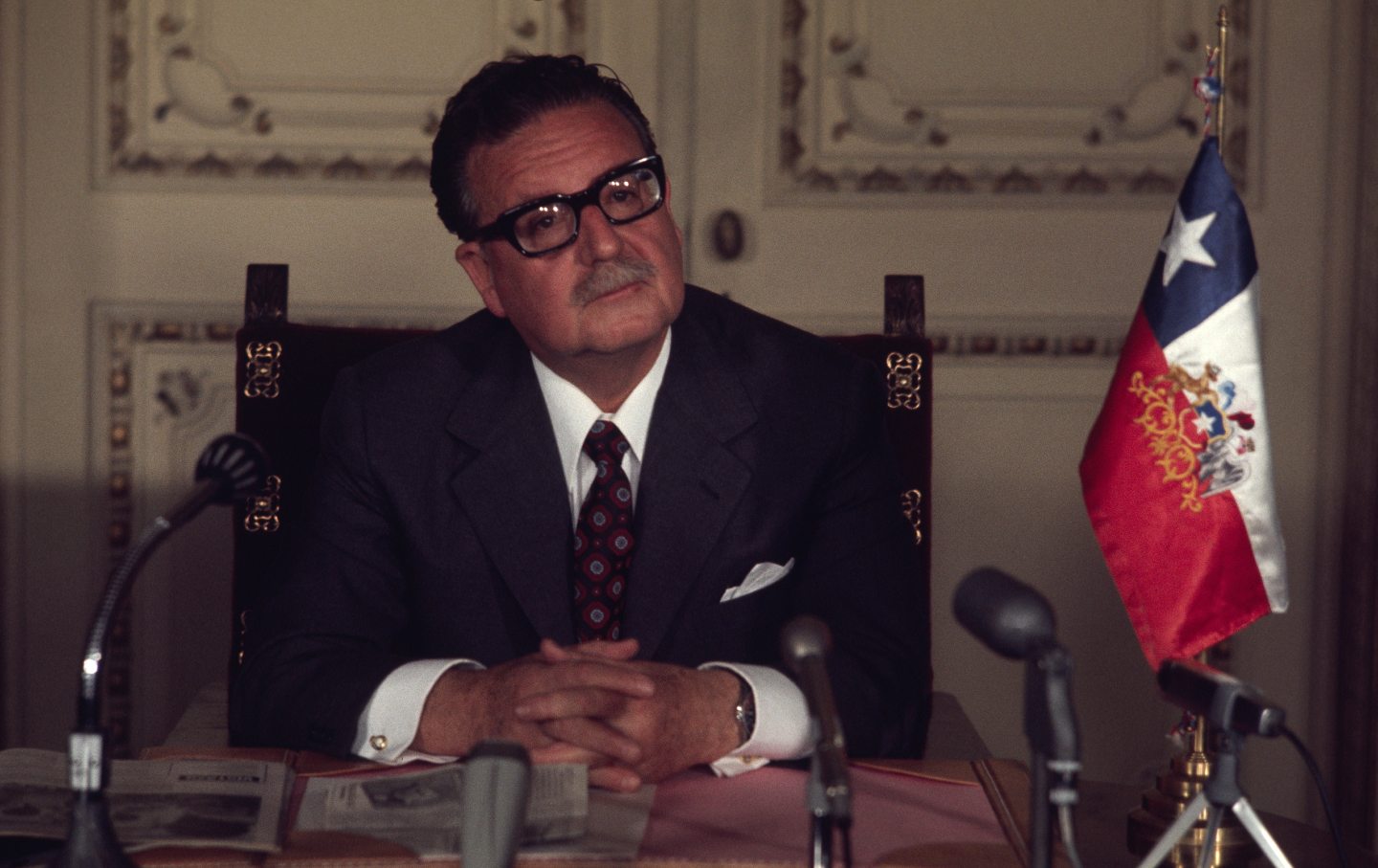
Salvador Allende posing for a portrait on June 10, 1971 in Santiago, Chile.
(Santi Visalli / Getty)Salvador Allende, the Marxist doctor, who squeaked into the presidency of Chile in 1970 by a narrow margin, has now been deposed by a military coup and is dead, allegedly by his own hand. His regime had been in deep trouble from its inception, in part because of Dr. Allende’s lack of political cunning and ideological flexibility—he took his constitutional Socialist convictions seriously—and the predictable opposition of the wealthy and middle-class businessmen who feared for their perquisites and property.
But from the outset many of Allende’s woes originated from up north. The story of the International Telephone and Telegraph Corporation’s efforts to influence the election, and its barefaced million-dollar attempt to bribe the CIA to intervene, is well known.
Throughout Allende’s three years in office, U.S. official bodies and private firms continued to relentlessly wage economic war. The large copper companies whose properties had been expropriated not only refused technical aid but tried to have Chilean copper excluded from European markets. The US-dominated World Bank cut off all credits and even refused communication with the Chilean Government. Attempts were made to persuade European banks and lending agencies to discontinue financial support. U.S. economic aid was severely cut, amounting in 1973 to only $3 million, largely for school lunches. Hostility was total with one significant exception: military aid, continued unslackened. The tanks that fired on the Presidential palace and the planes that bombed it were made in America and cheerfully supplied. And now the military is in charge.
Officials of the Nixon Administration have initially declined to comment. Such silence upon the death of a head of state is scarcely the diplomatic norm, but one wonders what in diplomatic terms they could find to say now.

